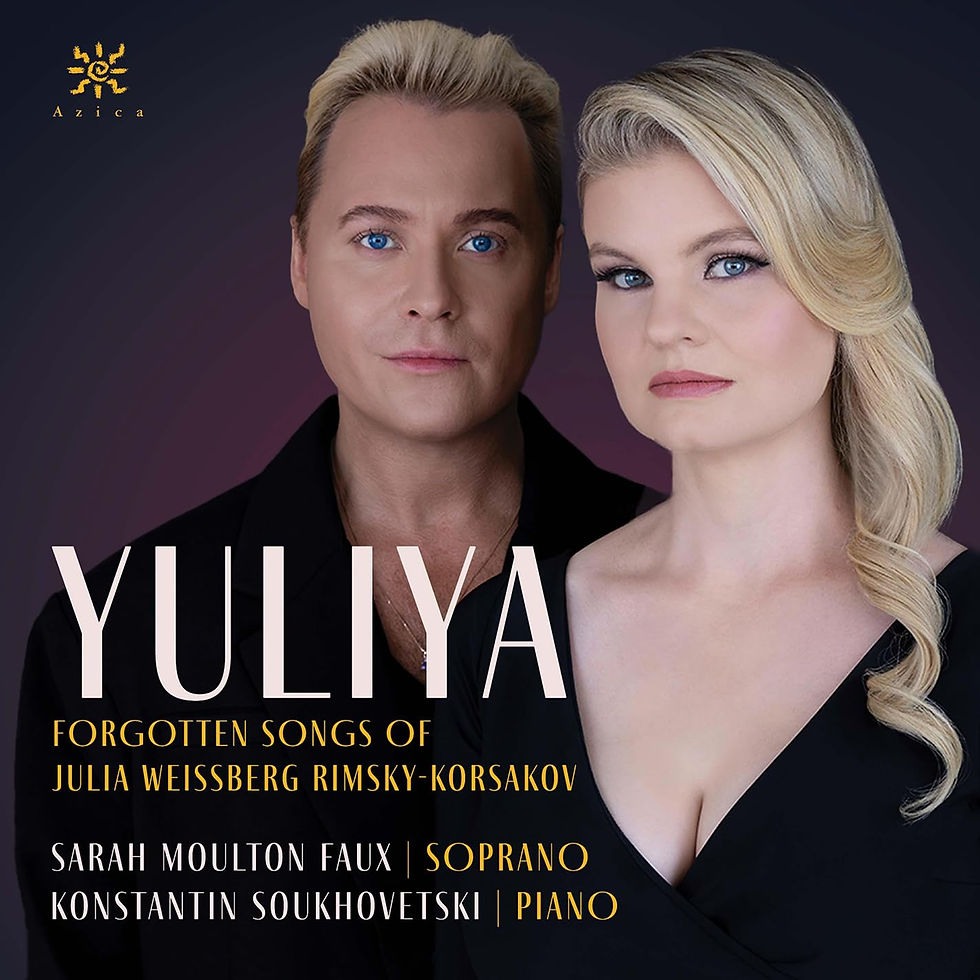Piano School Of New York City
- Jul 16, 2018
- 3 min read
Updated: Jun 20, 2020

In her twenties, Anselmo entertained a growing piano studio throughout the 1990s, with students who found her through flyers she distributed by bike at local bus stops: “Piano Lessons – call Vera!” When a woman from a neighborhood in Harlem contacted her about holding group lessons at a church, Vera’s new concept was born. “The kids could not afford private lessons, had no place to practice, nor any exposure to classical music,” she explains, but what seemed a challenge at first became a calling.
“We met every Sunday afternoon at the church that was equipped with an electric organ. I looked at simple beginners’ books to develop pitch through singing, and basic introduction to easy piano pieces, helping to become familiar with finding the registers and beginning note-reading. It was a group of six- and seven-years-old, who each paid a minimal fee; but while it was not about money, the collective fee still made the trip worthwhile for me. My excitement grew when little by little I noticed that they retained information and showed continued interest in learning. We sang songs like Ode to Joy, some easy classics, and holiday repertoire. At Christmas time we had a little recital, when each child would play two pieces by memory,” says Anselmo.

Coming from the Soviet Union, Anselmo was taken aback by the sharp differences in social standards that she encountered here. The group lessons made a lot of sense, especially for their affordability in low-income neighborhoods, but also as a more social learning setting, involving a peer group of students.
While this was a social setting in which each member of the group was influenced by the presence of his/her peers and the work assigned often incorporated their mutual collaboration, it was up to Anselmo’s programs and presentations to engage her students and ring that true chord for each student, potentially spark enthusiasm, and leave an impact. Recognizing one’s ability to perform a piece for their peers in class as if before a concert audience can resonate in a way no recording can; in that experience, there can be a real transformation of purpose. “And then there are moments when the educator reaps the joy, when the spark is lit and motivation sets in: It was the last lesson before Christmas break and a little boy approached me, if I could please go over some things with him so he would not forget anything over the vacation; this was clearly one of these moments for me,” she says. “Being able to play and enjoy music can bring so much joy into everyone’s lives,” she explains. “Music is life – It can help build self-esteem and it changes you in so many ways… [It] can teach you so much beyond the score. Collectively, it can have even more impact, by teaching about personal responsibility, respect and about the way we interact with each other,” Anselmo says.
Soon enough after beginning the group lessons, Anselmo went knocking on doors of local schools, offering after-school piano programs, and her initiative was met with great demand. Activities expanded quickly, reaching community centers and senior centers, and of course many private, at-home lessons. Piano School of New York City is functioning without its own school building, reaching out to various communities across all the boroughs of New York, and throughout the Tri-State-area.
At this point, the school has formed into a not-for-profit institution with its own board of directors and a steadily growing body of part-time employees. “We make sure our teachers are professionally equipped and educated by class one,” says Anselmo.
Thanks to its nonprofit status, Anselmo’s program can grow with the support of communities and arts council grants, but also through personal support by tax-deductable donations, which go towards acquiring keyboards, student scholarships, recital expenses, and PSNYC’s newest endeavor: its own piano competition.
The big winners! With pianist and educator Natalia Lavrova supporting her students[

The first Youth Piano Competition took place in 2017 at the Upper West Side’s Christ and Saint Stephen Church with over seventy children entered including Piano School of NYC students, and local teachers and their students as well. This year’s competition moved to the prestigious Jazz at Lincoln Center, and there are many more plans in the future. Benefit concerts by performing artists in support of the school’s activities have been an efficient way to raise funds, and to connect communities. Another of Anselmo’s visions for her program is to present concerts by performing artists in the communities she is educating. This series will continue her efforts to inspire new audiences and performers, and reconnect education and performance culture.
To support the Piano School of New York City, get involved, or sign up for one of their many programs, please visit https://www.pianoschoolofnyc.org/ By Ilona Oltuski



Comments